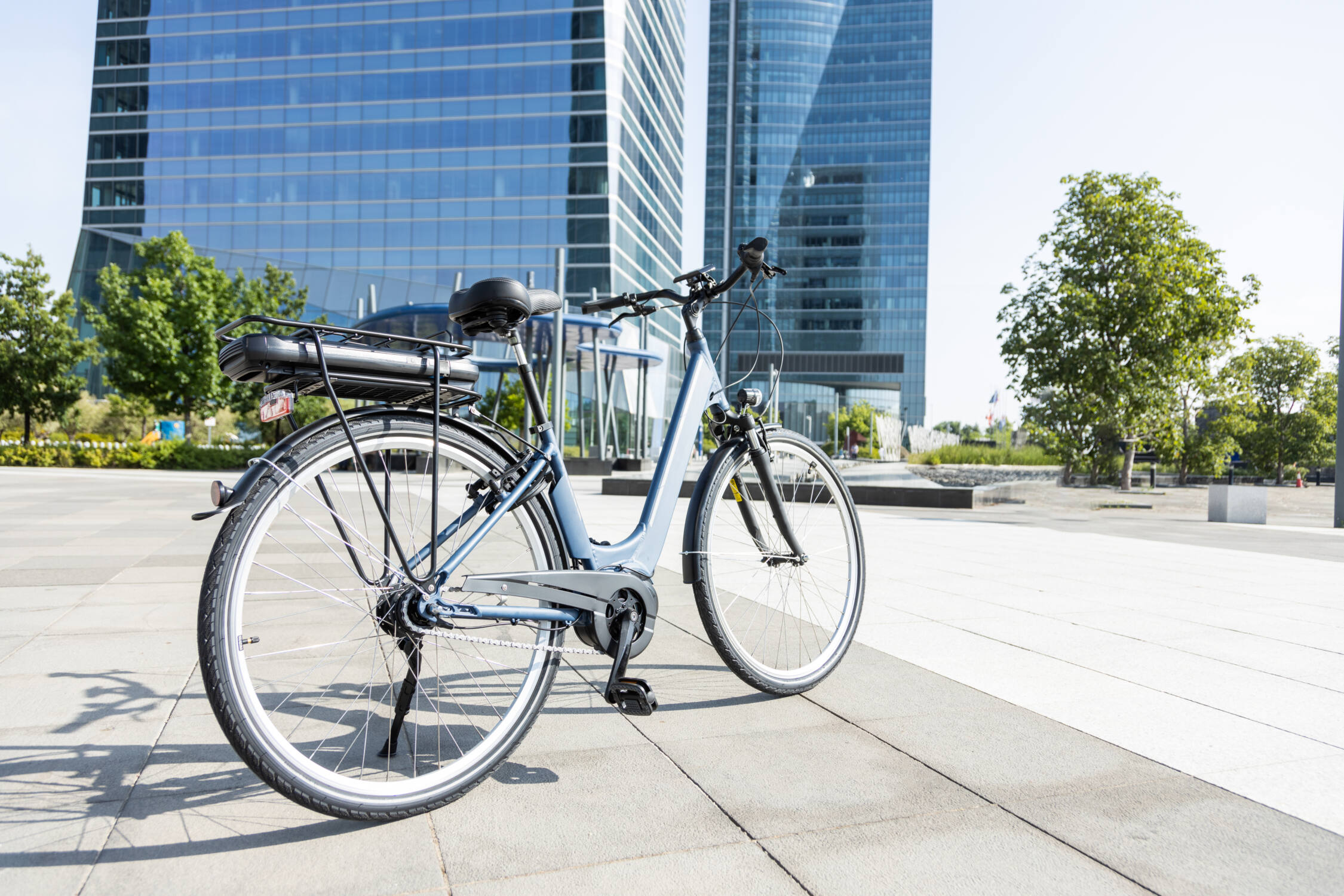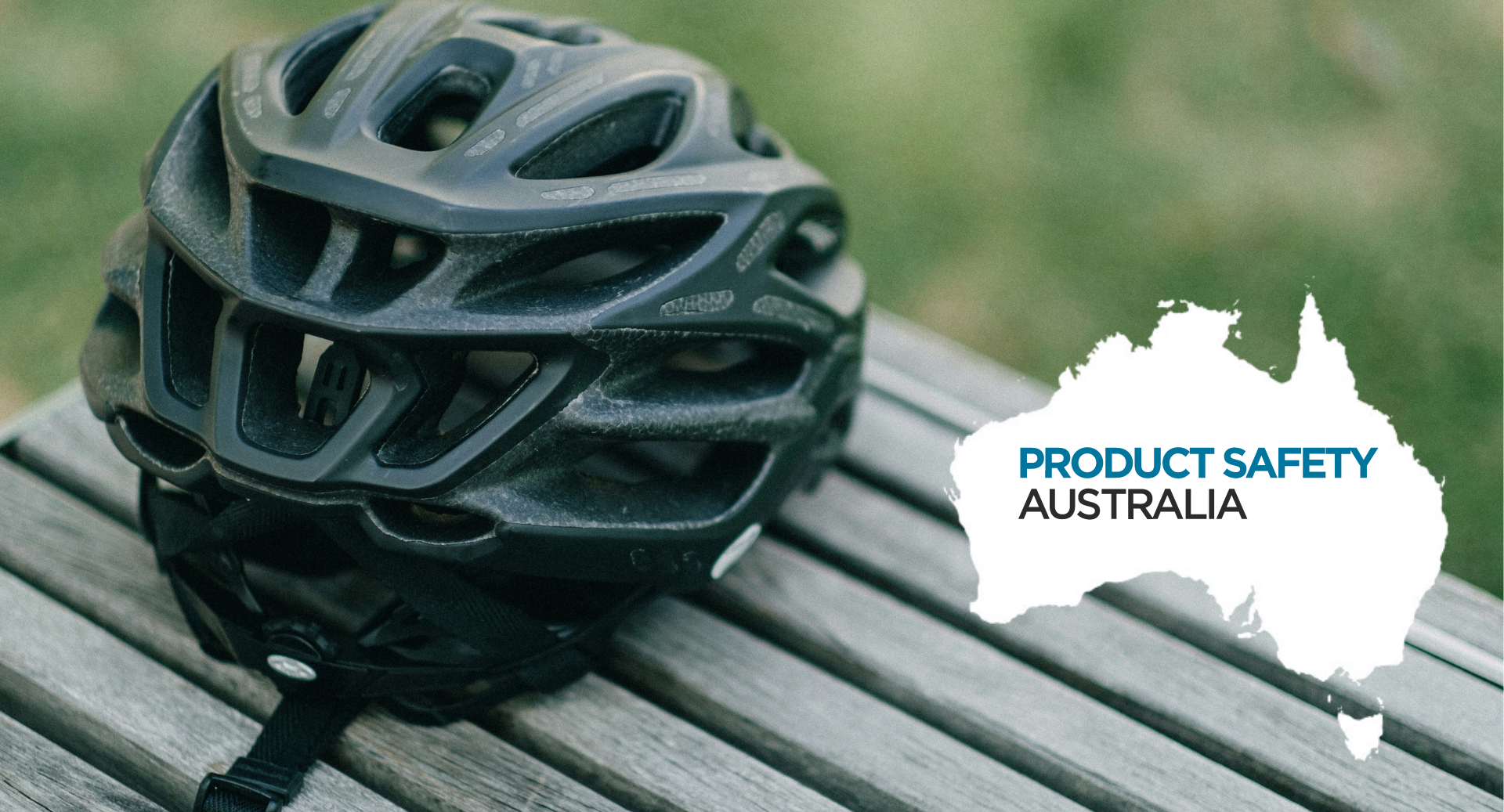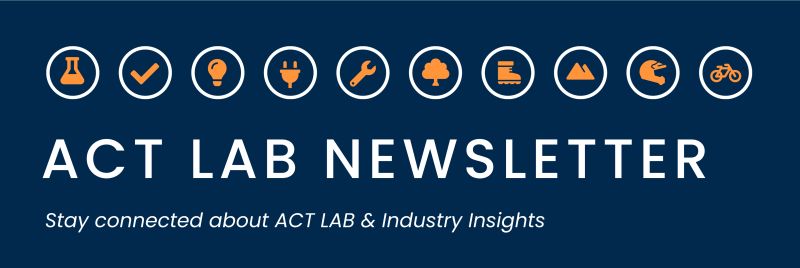
Helmet
Safety Testing
Helmets: whether you are wearing one on a jobsite or on a bike ride, having one on your head during an impact can make the difference between a serious brain injury and/or death or a minor hit to the head.
Studies show that a properly fitted helmet can prevent serious brain damage like concussions, memory loss, sleep disturbances, cognitive problems, and death.

Organizations around the world have set strict standards in place for helmet manufacturers to make sure that helmets are compliant with safety standards to keep wearers safe.
At ACT LAB, we make your company and your customers’ safety our top priority. In this article we will discuss the different types of helmet testing we perform and what kinds of helmet testing you might have to perform depending on your company’s product protocols.
SAFETY FIRST
About Our Testing Process
Helmet testing is not created equal. Testing can look very different even when it comes to the various headgear used for sports such as helmets for bicycling vs snow sports like snowboarding.
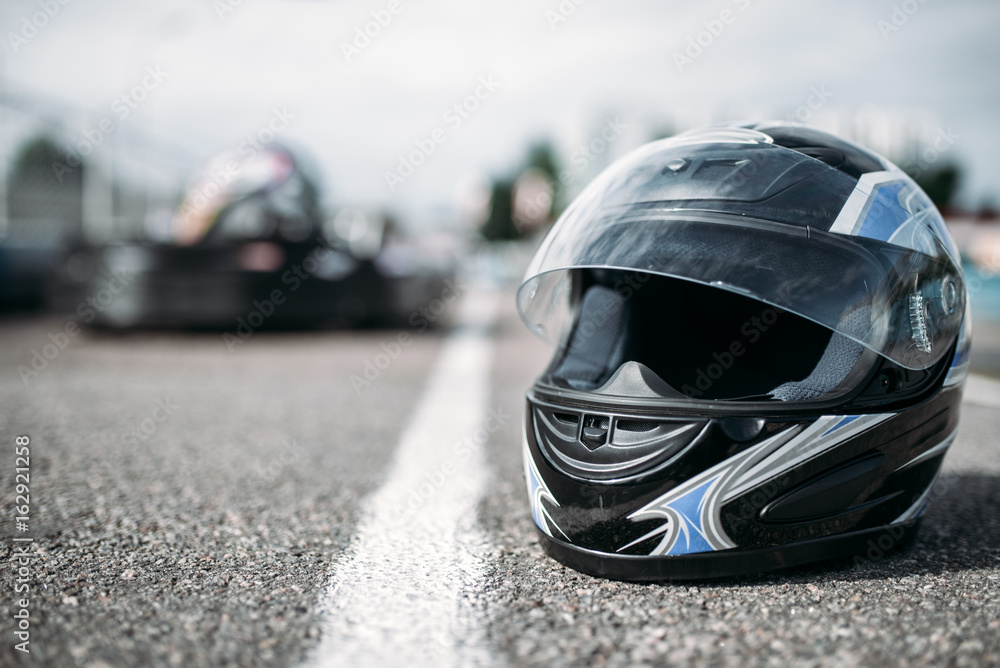
Every helmet should have a sticker on the inside, and sometimes on the back exterior, that lists the helmet weight, manufacturing information, and safety certifications, among other information. Helmet testing is necessary in order to protect the public from injuries. At ACT Lab, we perform tests including: force/impact absorption, strap strength, roll-off prevention, peripheral vision and more that comply with CPSC standards and provide safety in falls or crashes. Bicycle helmets that fail any of the requirements violate the Consumer Product Safety Act.
Testing Services
Certifications and tests for helmets have been established by the following organizations:
- DOT – Department of Transportation
- ASTM – American Society for Testing and Martials
- CPSC – Consumer Product Safety Commission
- ISO – International Organization for Standardization
- ANSI – American National Standards Institute
- SFI – SEMA Foundation Inc
USA
EUROPE
AUSTRALIA/NEW ZEALAND
Obtaining product safety approval
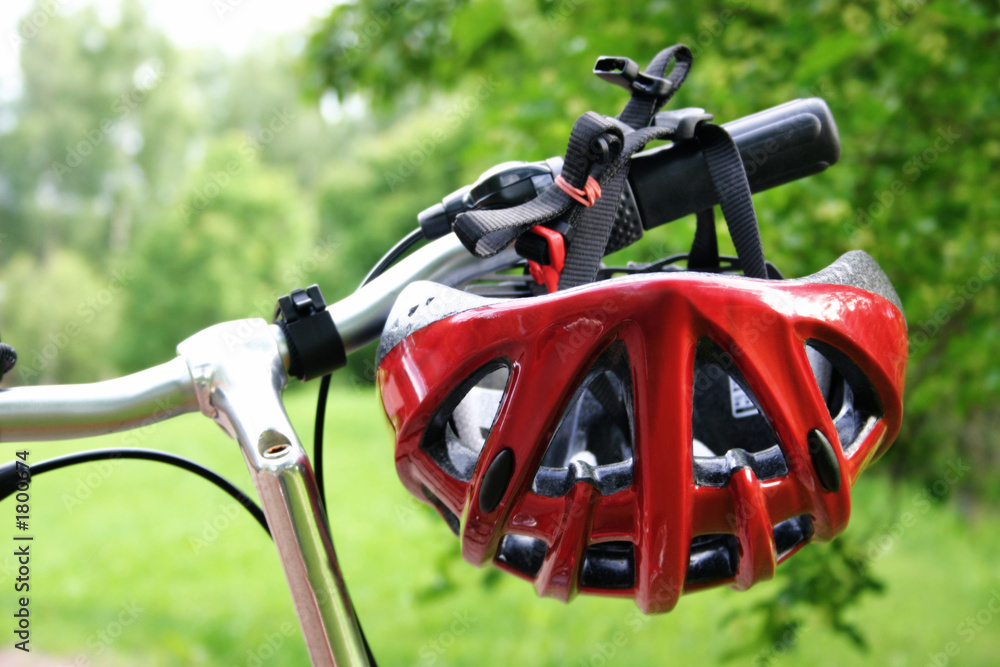
Bicycle Helmet Testing
There are currently about 10 bicycle helmet safety standards around the world. Depending on where you distribute your product, your helmet may have to meet some or all of these standards. Our team can help you establish which standards are necessary for your product to meet to be in compliance with local and global standards.
In the U.S., every bicycle helmet is required to meet the CPSC 1203 standard.
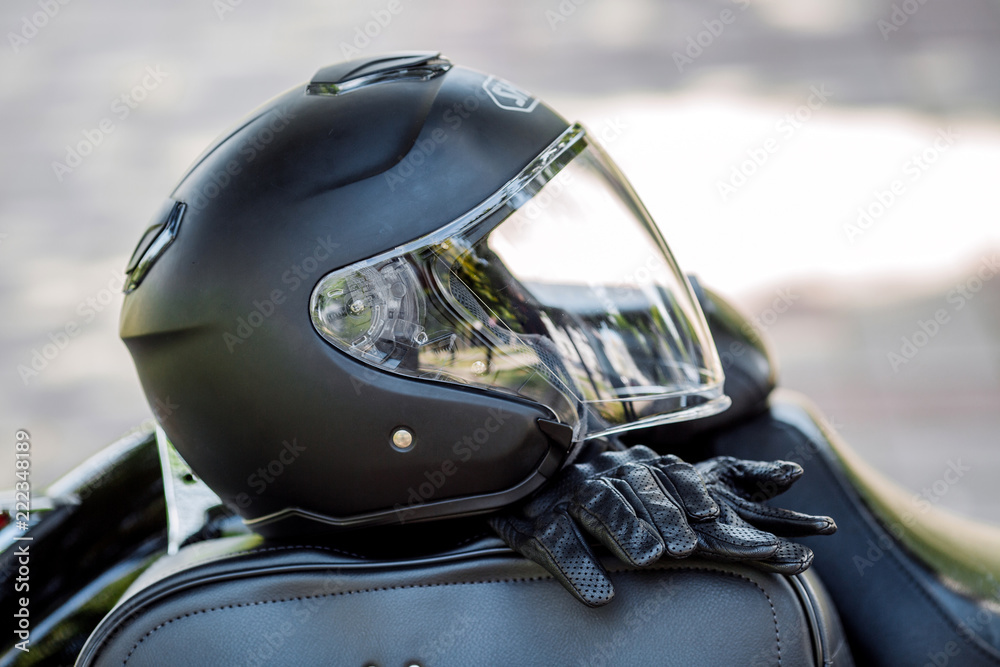
Motorcycle Helmet Testing
In the United States, all motorcycle helmets must meet the “DOT standard”. The current DOT rating that is in effect now is the federal stand FMVSS 218.
The standard for motorcycle helmets in European nations is the ECE No. 22. The ECE has additionally adopted the new no 22.06 standard which includes the testing of rotational oblique impacts.
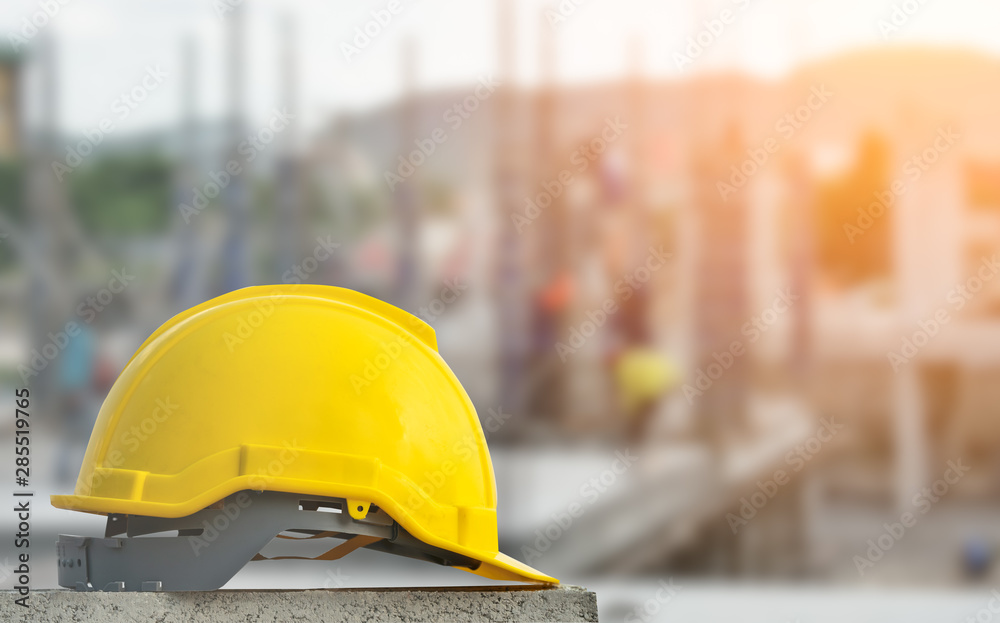
Other Helmet Testing
Helmets play a vital, life-saving role in many activities. We also offer testing for manufacturers who make specialized helmets for equestrian riders, snowboarders, BMX cyclers, skiers, skaters, and more.
Specialized helmets can have their own standards so it is important to consult with a third-party expert like ACT LAB before going into production.
Have Questions?
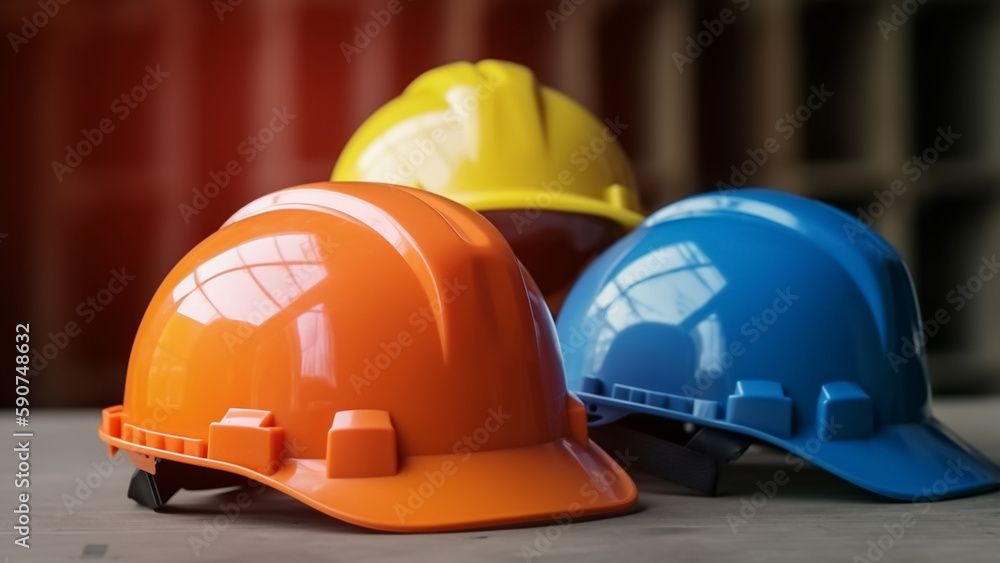
ACT-LAB is an ISO/IEC 17025 accredited laboratory that conducts consumer product safety and compliance testing for an active world. We can help ensure that your products both meet industry standards and are inspected to ensure the utmost quality.
To learn more about our tests contact us today.
Read more about our accreditations here.
Request a Product Test
Thank you for your inquiry. To submit a product for testing, please complete the simple form below and an ACT Lab representative will contact you shortly. Fields marked with an “*” are required.
 ISO/IEC 17025 Accredited Independent Testing Laboratory
ISO/IEC 17025 Accredited Independent Testing Laboratory





